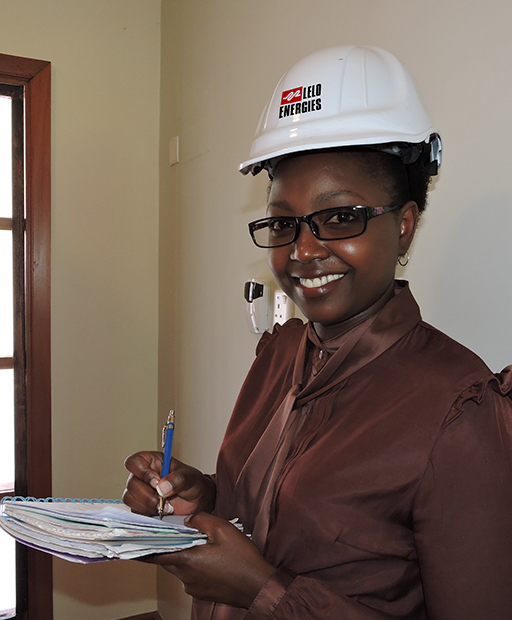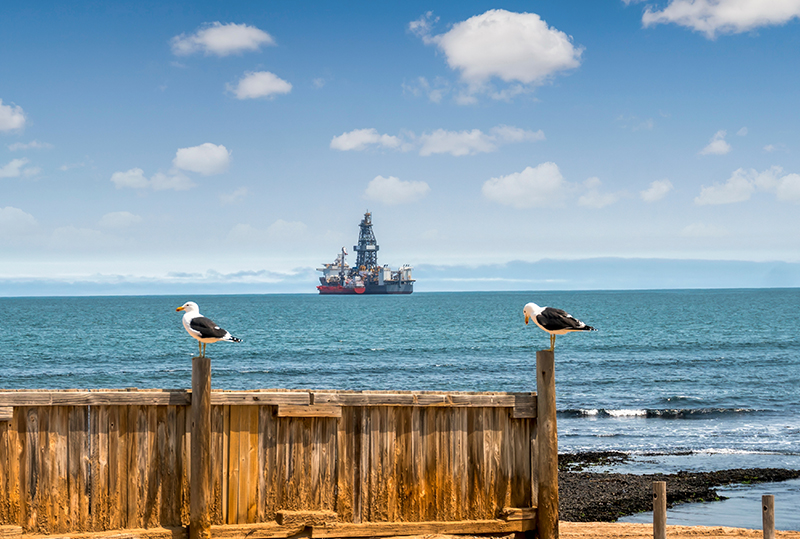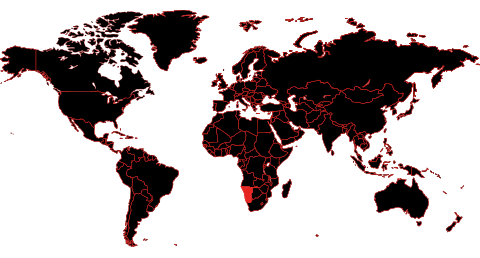Upstream Oil & Gas in Namibia: What You Need to Know to Enter the Field
Namibia is no longer just a blip on the oil and gas radar —
Namibia is becoming one of Africa’s most promising exploration frontiers, with international giants like TotalEnergies, Shell, Chevron, ExxonMobil, and QatarEnergy heavily investing in the country’s offshore Orange Basin, which is poised to deliver major returns. But what does this mean for Namibians looking to break into the upstream oil and gas sector?
Why Upstream Oil & Gas Matters
The upstream sector refers to exploration and production — where oil and gas are searched for, drilled, and extracted. It’s the first stage of the oil and gas value chain and also one of the most technically challenging. With deepwater operations extending down to 3,000 meters, Namibia’s offshore oil industry is complex, capital-intensive, and highly specialized.
Despite these challenges, the potential is immense. Projections indicate Namibia could become a significant oil producer by the mid-2030s. That means thousands of jobs, new industries, and national economic growth — but only if local talent is ready to meet the demand.

Opportunities for Namibians
The government’s new Local Content Policy mandates international companies to hire and train Namibians, creating pathways for local participation in high-value roles. From geologists and subsea engineers to drilling technicians and safety officers, there’s room for both university graduates and vocationally trained professionals.
If you’re passionate about engineering, data analysis, logistics, marine operations, or environmental safety — there’s a space for you in the upstream ecosystem.
Key Job Roles in Upstream:
Petroleum Engineers
Subsea Technicians
Geologists & Geophysicists
Drilling Operators
HSE (Health, Safety, Environment) Officers
Project Managers
Marine Support Crew
Skills That Will Set You Apart
Entering upstream oil and gas is not just about qualifications — it’s about readiness. The work is physically and mentally demanding, often requiring offshore rotation schedules, advanced problem-solving, and adherence to strict safety protocols.
Valuable skills include:
STEM knowledge (especially engineering and geology)
Strong problem-solving and critical thinking
Teamwork and communication
Technical certifications (e.g., safety, welding, crane operations)
Willingness to relocate or work offshore
Education and Training Pathways
Namibian institutions like UNAM and NUST offer degrees in Chemical, Mechanical, Electrical, and Mining Engineering — all relevant to upstream operations. The Namibia Institute of Mining and Technology (NIMT) also provides essential technical training for trade-specific roles.
Keep an eye on emerging programs like the Centre for Oil and Gas at NUST and international apprenticeship programs linked to companies operating in the Orange Basin.
Final Word: Be Ready, Be Strategic
The future of Namibia’s oil and gas industry is being written now. If you want to be part of it, don’t wait. Start aligning your studies, certifications, and experiences today. As the sector grows, so will the demand for homegrown talent. Let’s ensure Namibians lead Namibia’s energy story from the ground up.
And here’s your next big step:
Join us at the Lelo Energies Student Conference 2025 — a transformative experience where industry leaders, educators, and future professionals like you come together to explore opportunities in Namibia’s evolving energy sector.
🎟️ Early bird tickets are now available! Don’t miss your chance to connect, learn, and position yourself for success. Secure your spot today and be part of the conversation that’s shaping Namibia’s energy future.
Earth Day 2025 – Our Power, Our Planet
“Our Power, Our Planet” — the theme of Earth Day 2025 — is not just a rallying cry for envir
Positioning Namibia’s Youth at the Center of Its Energy Future
Namibia stands at a pivotal moment in its national development, faced simultaneously with a signific
What Every Namibian Student and Entry-Level Professional Should Know About the Upstream Oil & Gas Sector
The upstream oil and gas industry in Namibia is no longer a theoretical possibility—it is a rapidl




